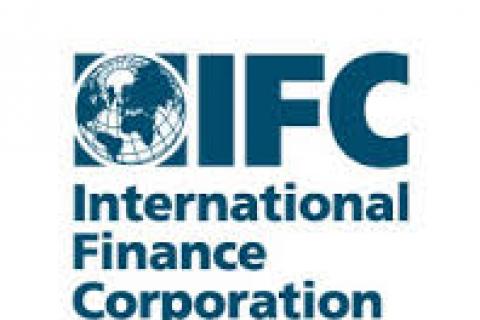The 21,000 Yanomami who live in some 360 widely scattered settlements in the forested mountains and hills between Venezuela and Brazil were largely uncontacted by westerners until the middle of the 20th century. In their myths, the Yanomami recall a far distant time when they lived alongside a big river, ‘before we were chased up into the highlands’ but by the time their existence is first recorded, in the mid-18th century, they were already well established in the Parima hills between the Rio Branco and the Upper Orinoco.
Other information
The indigenous Twa ‘Pygmy’ people of the Great Lakes region of central Africa are originally a mountain-dwelling hunter-gatherer people, inhabiting the high altitude forests around Lakes Kivu, Albert and Tanganyika – areas that have now become part of Rwanda, Burundi, Uganda and eastern Democratic Republic of Congo (DRC). The current Twa population is estimated at between 82,000 and 126,000 people.
The Malapantaram are a nomadic community numbering about 2000 people who live in the high forests of the Ghat Mountains of south India. Early writers described them as “wild jungle people” and as “wandering hillmen of sorts”, and tended to see them as social isolates, as a survival of some pristine forest culture.
When Australians took control, at the end of the first world war, of the German colony of New Guinea, under a mandate from the League of Nations to protect the native peoples, it was thought that New Guinea had only a sparse population, mostly along the coast. The mountainous interior, it was believed, was a virtually empty and impenetrable jumble of rain-soaked hills. However, it is now clear that the highland valleys of New Guinea have long been among the most densely settled agricultural areas in the world.
Many people are unaware that there are still indigenous peoples living in voluntary isolation –both contacted and uncontacted- particularly in the tropics. People are also largely unaware about the impacts resulting from forced or free contacts of these peoples with the outside world.
Seriously flawed consultation process for IFC Safeguard Policy Update. Joint sign on letter sent --by 56 Southern and 65 Northern organizations (many MIC Eastern European) as well as 3 individuals-- to the World Bank and IFC
Mr. James Wolfensohn
President
World Bank Group
1818H Street, NW
Washington DC 20433
As has been the case with most Southern countries, Côte d’Ivoire inherited from the colonial period the role of exporter of tropical agricultural products. Apart from the ivory from which the country was named, prior to colonization Côte d’Ivoire had less to offer for trading compared to its eastern neighboring country Ghana, more endowed with gold. So, when the French arrived in the area in the 1880s they found it simple to use the vast fertile land of dense tropical forest for agricultural production.
Even by conservative estimates, less than a quarter of Ghana’s pre-colonial forest remains. Loggers and politicians caused most deforestation, though they like to shift the blame to farmers. But the fact is that throughout the Twentieth Century farmers have had little control over the trees on their land. British colonialists gave timber rights to chiefs, who promptly sold them to loggers, or ordered them cleared and replaced with cacao plantations. After independence, the government claimed ownership of all trees and land, and sold most of it off to loggers.
Senegalese exposure to European trade started in 1444 when the Portuguese established trading posts along the coast on the river Senegal: Goree (which eventually became a major slave transit post), Rufisque and along the south as a whole.
I was part of a filming crew of seven members who were on June 4 in the Modhupur forest in order to make a documentary film on the forest destruction with special attention to the effects of plantations —mostly commercial and industrial— on public forestland. The Modhupur forest is now thoroughly plundered.
We were in our third and final round of filming in Modhupur, and we focused our last shots on a suddenly discovered spot where green vegetation was being thoroughly cut. The spot is very near to Lohoria Beat between Rasulpur and Dokhola Ranges.
Two years ago, China's State Forestry Administration approved genetically modified (GM) poplar trees for commercial planting. Well over one million insect resistant GM poplars have now been planted in China.
Also two years ago, China launched the world's largest tree planting project. By 2012 the government aims to have covered an area of 44 million hectares with trees.
Between 1990 and 2002 the global planted oil palm area increased by 43%. Most of this growth occurred in Indonesia and Malaysia. In Indonesia, between 1990-2000, the total area planted with oil palm almost tripled from 1.1 to 3 Mha (million hectares). In 2002, overcoming the 1997-1999 financial crisis, the total mature oil palm plantation area reached 3.5 Mha. Assuming recent planting rates, the total area of oil palm plantations in Indonesia is set to increase to 11.2 Mha in 2020.


